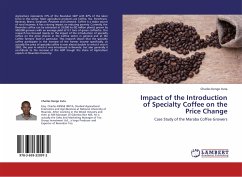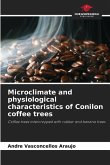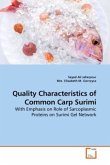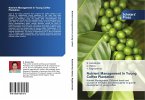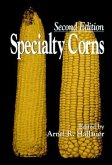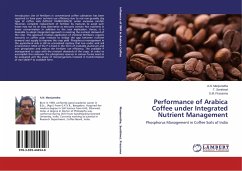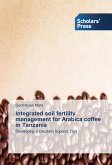Specialty coffees earn a substantial price premium and are therefore a promising opportunity for farmers. Coffee quality is determined by the natural environment and farm management practices. To sell high-priced coffee, farmers must produce beans desired by consumers who are willing to pay more for specific quality profiles. A targeting of the production practices to suit the continuously changing market demands is necessary; the focus must be on controlling the processes that determine the quality characteristics. This book presents a framework to manage the intrinsic quality of high-value specialty coffees. In a two-tiered approach, firstly spatial prediction models are presented to identify the comparative advantage of environmental niches and secondly systematic farm management practices are presented to turn the comparative advantage of farmers into a competitive advantage. Commercial sensorial data from Colombia, Honduras and Mexico are used to develop and test the framework.
Bitte wählen Sie Ihr Anliegen aus.
Rechnungen
Retourenschein anfordern
Bestellstatus
Storno


